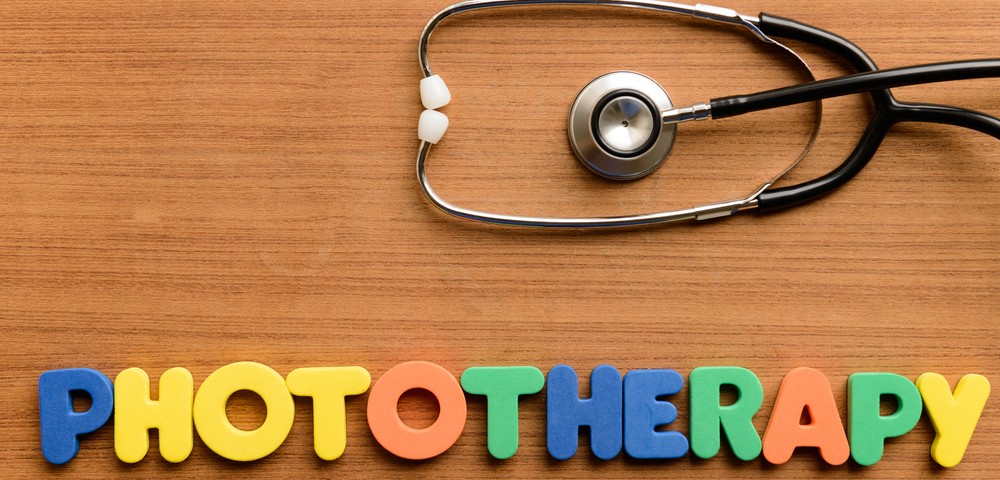A combination of biologic and phototherapy treatments appear to be a viable clinical strategy for people with moderate-to-severe psoriasis who do not respond to either as monotherapy, according to a recent systematic review.
The study, “Combining biologic and phototherapy treatments for psoriasis: safety, efficacy, and patient acceptability,” was published in the journal Psoriasis: Targets and Therapy.
U.S. Food and Drug Administration-approved biologic agents for the treatment of psoriasis include the antitumor necrosis factor agents (etanercept, adalimumab, and infliximab), the anti-interleukin-12/23 antibody (ustekinumab), and most recently, the anti-interleukin-17 antibodies (secukinumab and ixekizumab). However, some patients treated with biologics experience an inadequate response, while others find a loss of treatment efficacy over the long term.
Phototherapy, or light therapy, is also a common psoriasis treatment that involves exposing the skin to ultraviolet light on a regular basis and under medical supervision. Evidence has shown the narrow-band range of UV radiation (NBUVB) to be the most beneficial component of natural sunlight for the disease.
Benjamin Farahnik from Department of Dermatology, University of California in San Francisco, and colleagues conducted a systematic review to examine studies evaluating the use of a combination of biologic and phototherapy as a moderate-to-severe psoriasis treatment.
In total, 9 out of 10 studies reviewed demonstrated both favorable efficacy and safety for such a combination therapy, although the degrees of therapeutic enhancement varied.
Etanercept was the most common biologic agent used in these studies — in over half of the reported cases — with other agents being ustekinumab, adalimumab, and infliximab. The vast majority of phototherapy used NBUVB radiation. Most cases reported enhanced improvement with combination therapy.
“Although no regimen involving the combination of a biologic agent and phototherapy has been approved for the management of moderate-to-severe psoriasis, the results of several relevant studies demonstrate the usefulness of such a treatment combination. Nevertheless, further studies are required to assess the long-term safety and efficacy of such combinations,” the researchers concluded.
Psoriasis is a common chronic inflammatory skin condition with a worldwide prevalence of 0.5% (Asia) to 8.5% (Norway). Symptoms of psoriasis – which include redness, scaling, aking, pruritus, skin tightness, pain, and bleeding – have a significantly negative impact on patients’ physical and mental well-being. Psoriasis also leads to impairment in the quality of life, psychological well-being, and work productivity.

